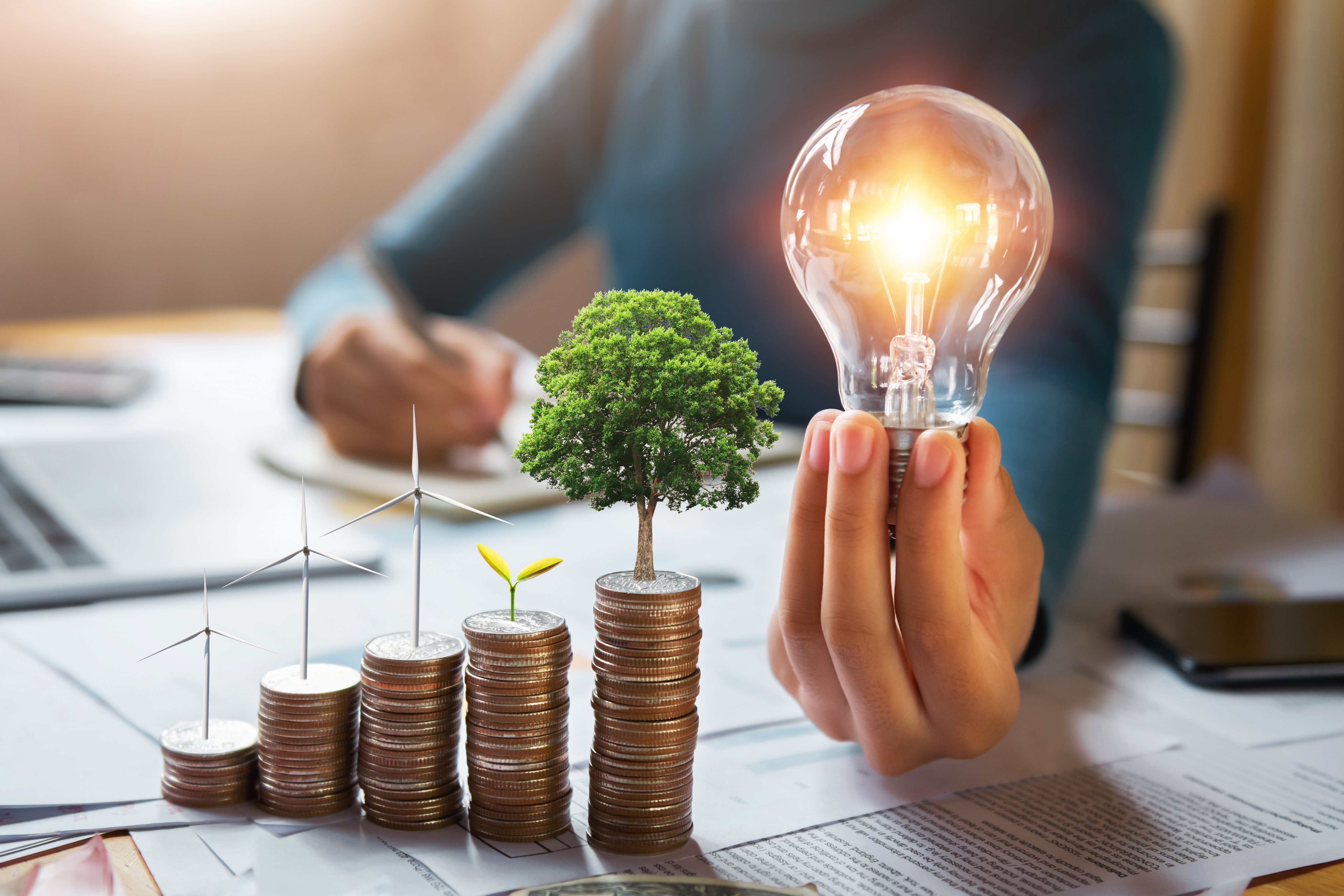Environmental Stability and Your Bottom Line

We’ve talked before about the PR Benefits of reducing your business’ Carbon footprint. (Well, we didn’t talk about it, we wrote about it, but you get it.) Essentially, it’s a good business move to care about the planet because your consumers care, too. The more brands purport and prove to align with their customers’ values, the more loyal those customers are.
But sustainability does more for your business’s bottom line than attracting and retaining business. It also, stay with us on this one, sustains your business in a way that can offer long-term financial stability alongside consumer and shareholder confidence.
Sustainable business practices do more than make your organization look good: they help you do good for the planet and your business. Here are a few ways that making your company sustainable makes it more profitable and secure.
Sustainable businesses attract more passionate, loyal customers.
Yes, touting your love for the planet is a good PR move, but it’s also a legitimately strong acquisition play. A 2020 study found that two-thirds of North Americans prefer eco-friendly brands. And the pervasiveness of climate change dialogue means that consumers aren’t just looking for ‘biodegradable’ CPG products anymore; they want accountability in all sectors. That might seem like one more arbitrary compliance hoop to jump through, but your environmentally aware friends are actually helping you out because…
A sustainability plan makes a company more attractive (and valuable) to investors.
Analysts are now evaluating sustainability plans when making market valuations on companies. And, surprise, companies with a solid energy efficiency framework working to reduce their environmental impact have a distinct advantage. As a result, sustainable companies are seeing their valuations rise because sustainability is where the money is; in 2016, one-fifth of all managed investment was in sustainable+impact investing.
Your business will become more energy-efficient and reduce costs.
This one is so obvious that people sometimes forget about it. The act of developing a sustainability plan for your business means definitionally increasing your energy efficiencies and (unless you were accidentally doing everything perfect the whole time) reducing costs. We’re not giving a data citation for this because the source is…well… common sense. If you develop a framework for streamlining operations, trimming the logistical fat, and conserving resources, your costs will go down relative to your returns. It’s rude to say ‘duh,’ so we’re not going to. But also… we kind of just did.
You assume less risk in the long run.
It may seem counterintuitive that something that amounts to an organizational overhaul could be a risk mitigation strategy, but it is. Not only does the development of a sustainability framework necessarily incorporate and account for all compliance metrics, but it also identifies and employs efficiencies that facilitate meeting those requirements in the most efficient and sustainable ways possible.
The truth is that environmental sustainability is more than a moral decision. It’s a business move. And it’s a smart one. Streamlining your energy efficiencies and working to reduce your carbon footprint sets your business up with built-in risk mitigation, cost-cutting, increased valuation, and happier, more loyal customers.
Bottom line: Sustainability is good for yours.



